Aberdeen is Scotland’s third largest city and is renowned for being Europe’s “oil capital” – but how does it stack up against its competitors?
The Granite City has been included in a prestigious list that ranks global cities across the globe.
Major UK cities such as the Welsh capital Cardiff and Sheffield failed to make the latest list, as did Dortmund in Germany; Honolulu, Memphis and New Orleans in the United States, and Russia’s second biggest city Saint Petersburg.
Classified as a “sufficiency” city by Loughborough University-based think tank Globalization and World Cities Research Network (GaWC), these are classified as: “Cities that have a sufficient degree of services so as not to be overly dependent on world cities”.
A spokesman for the organisation told The P&J: “The classification is based upon the office networks of advanced producer service firms (financial, management consultancy, advertising, commercial law, etc.).
“Aberdeen meets the sufficiency threshold of providing business services because of its oil industry’s needs.”
Unusually for UK cities, Aberdeen’s city limits have a larger population than the urban area (220,690), as it does not include Countesswells and Kingswells, as they are not physically attached to it.
Aberdeen is geographically isolated and only has eight towns with a population of over 10,000 within an hour’s drive of it, which could both help and hinder the city’s prospects.
These include Ellon, Fraserburgh, Inverurie, Peterhead, Stonehaven and Westhill in Aberdeenshire and Forfar and Montrose in Angus, with the latter two located closer to Dundee.
Being the only major city for a long distance – Edinburgh and Glasgow are 127 and 145 miles away – does give it many benefits that a similar sized city elsewhere may not have.
What draws people to Aberdeen?
Not many cities the size of Aberdeen would have four shopping centres in the centre of the city, including Union Square – which includes major chains like Apple and Levis.
The city also punches above its weight in terms of its universities, with Aberdeen and Robert Gordon attracting students to the city from across the globe.
P&J Live is a benefit for the city, as the arena – which can hold 15,000 people – is the biggest in Scotland and the sixth biggest in the UK, although it does miss out on some prominent acts.
Aberdeen International Airport has flights to 30 destinations in the UK and across Europe, and last year handled over 2.2 million passengers, making it the 16th busiest in the UK.
Compare this to Scotland’s fourth city Dundee, whose airport has only two scheduled destinations (none international) and in 2022 handled 38,508 passengers, while the Port of Aberdeen is the largest and busiest in Scotland.
Overall, Aberdeen is ranked as the UK’s 39th largest urban area, although its importance as a city is way more than this, as proven by being one of 13 British cities ranked by GaWC.
Aberdeen is similar to Norwich, a geographically isolated city in East Anglia with an urban population of 230,822, whose airport only handled around 358,000 passengers last year.
The coastal city of Plymouth in Devon – with a built up population of 268,292 – is a more realistic comparison of Aberdeen, with it also being located a two-and-a-half hour drive from a bigger city.
Director of policy and marketing at Aberdeen and Grampian Chamber of Commerce, Ryan Crighton said: “Aberdeen always has and always will punch above its weight – it’s an exceptional city in an exceptional region.
“Across Aberdeen city region there is a wealth of culture, amazing heritage, great food and drink and one of the most spectacular landscapes in the world.
“It is a can-do place that is actively investing, at scale, in its future. There’s a pipeline of new homes, offices, infrastructure and major projects that will see more than £16 billion invested in our education, culture, growth and prosperity.
“And having been a global leader in the oil and gas sector, it is now building on those foundations to see other industries flourish. From low carbon to life sciences, food and drink to digital, we have a plan for future prosperity.”
‘Of course, things could be better – that will always be the case’
Former chief executive of Wood Group and founder of Our Union Street, Bob Keiller added: “Of course, things could be better – that will always be the case – but it doesn’t mean that what we have is not a great place to live, work, study, or visit.
“But, every time any of us chooses to publicly criticise our city, we shape negative opinions in others, we discourage people from visiting the city centre and we drive down our reputation.
“The keyboard critics are not only observers of the problems, they make them worse. Instead of railing online to no-one and everyone, why not share a note with your councillor, MSP or MP and let them know how you feel.”
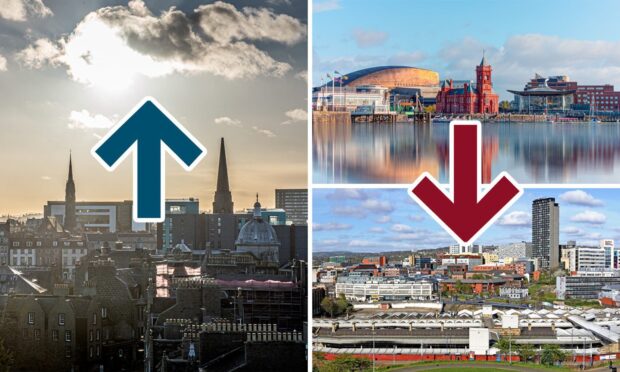
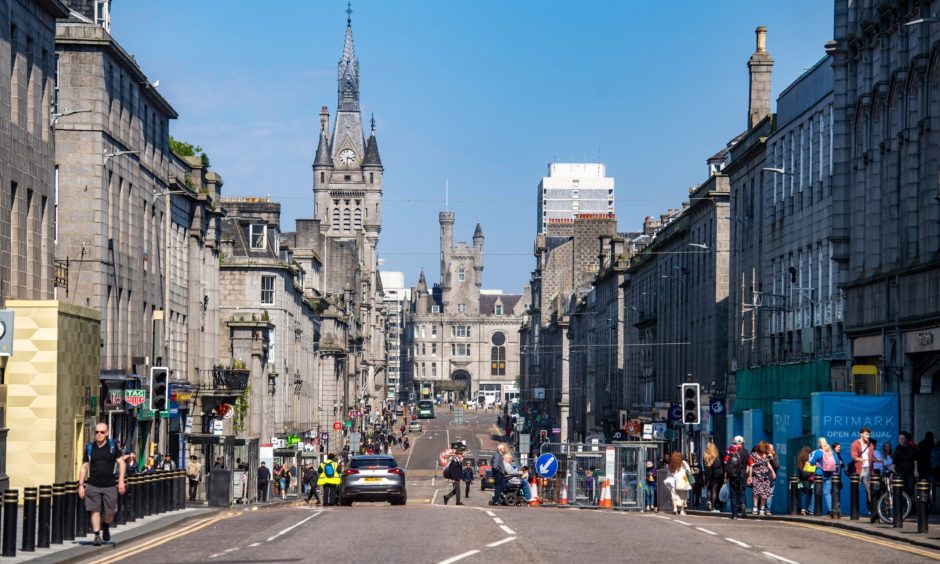
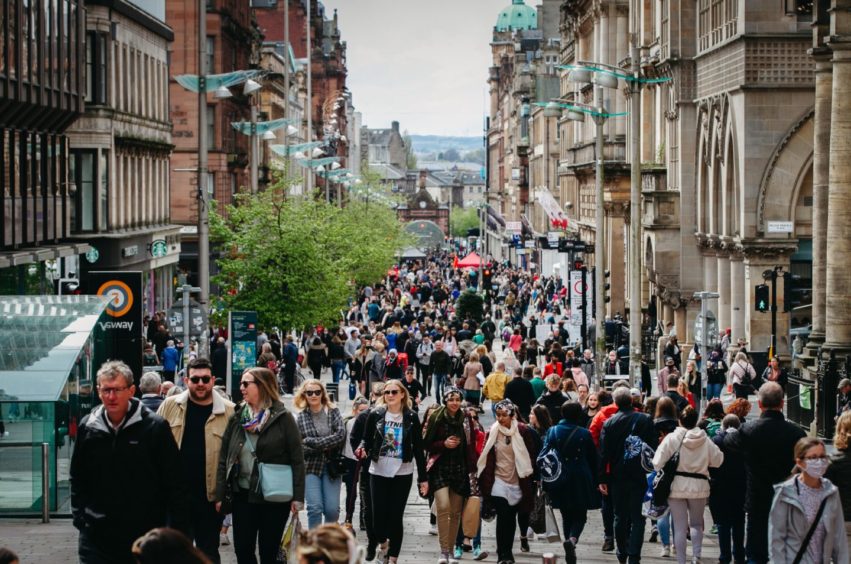
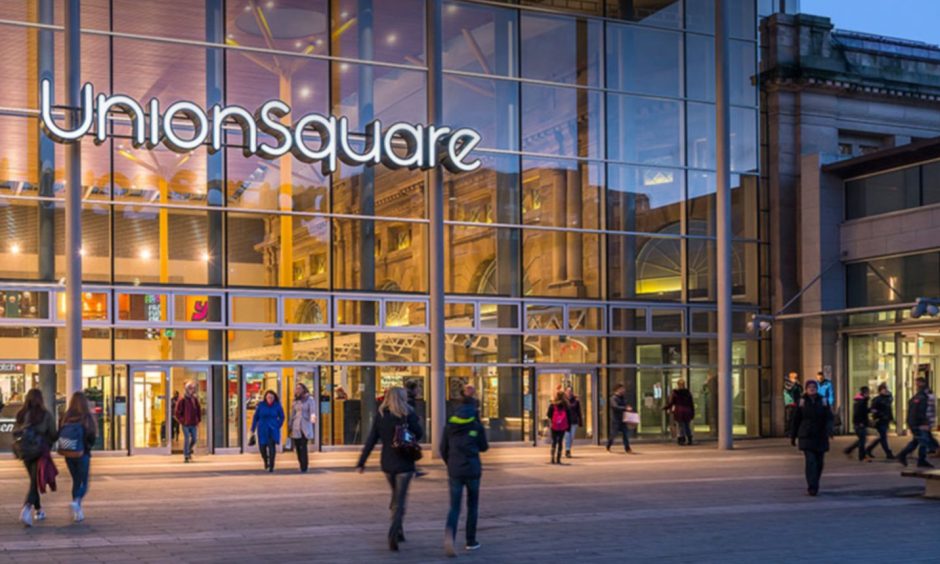
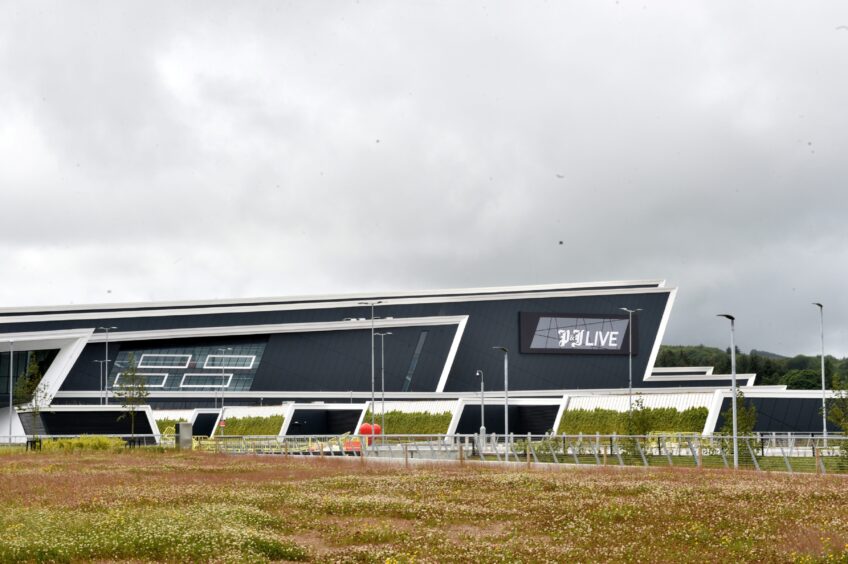
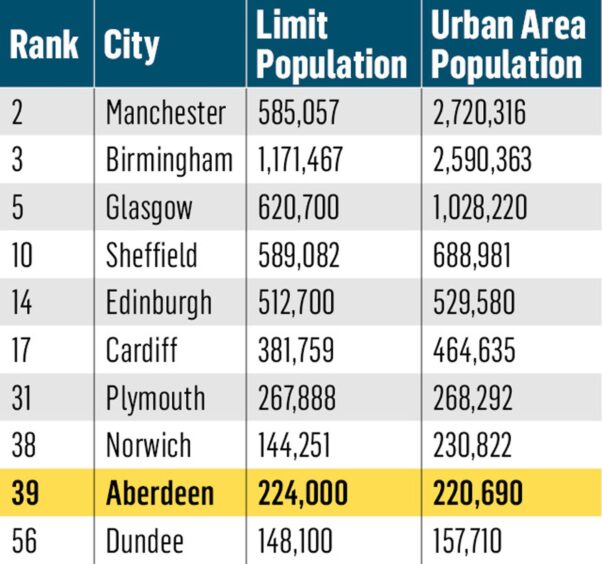
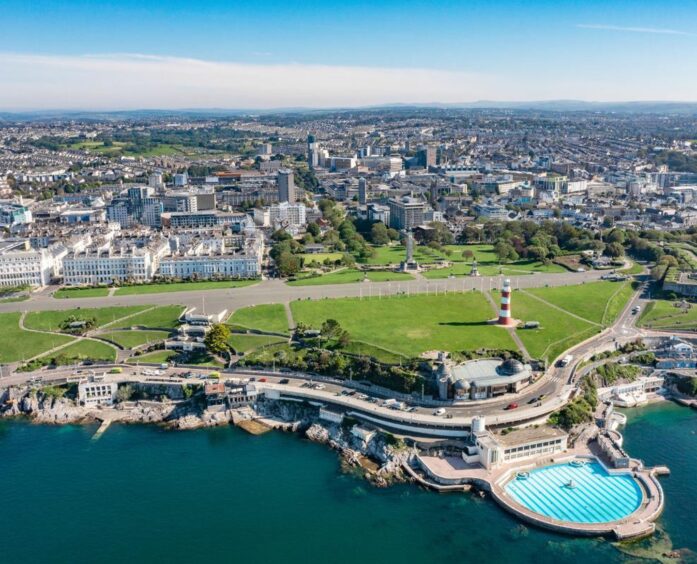
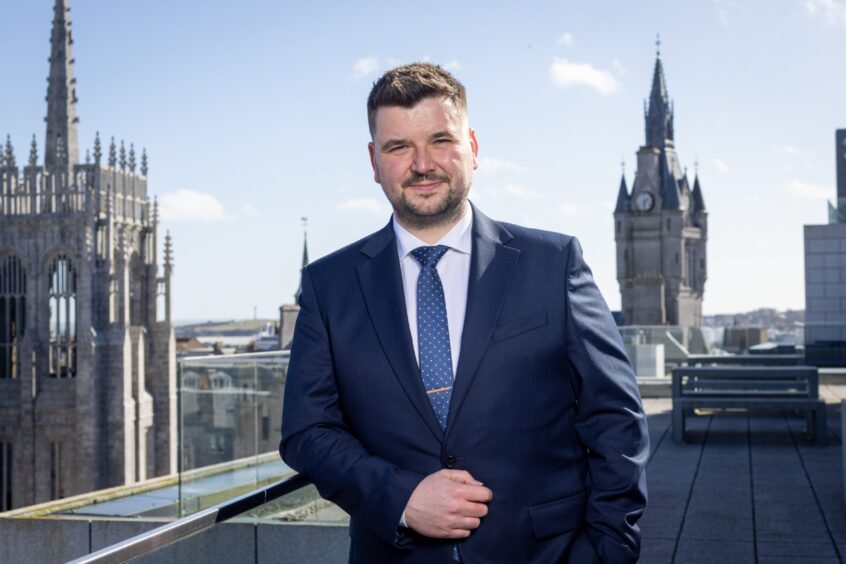
Conversation